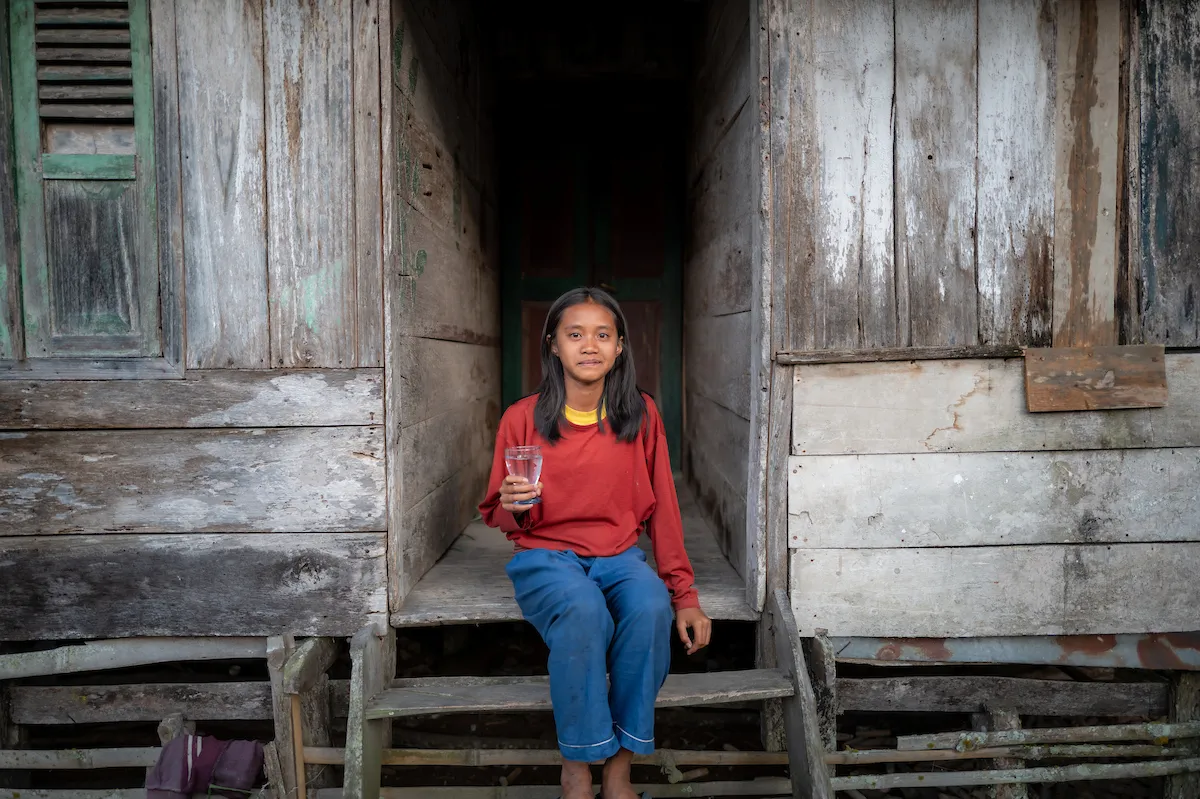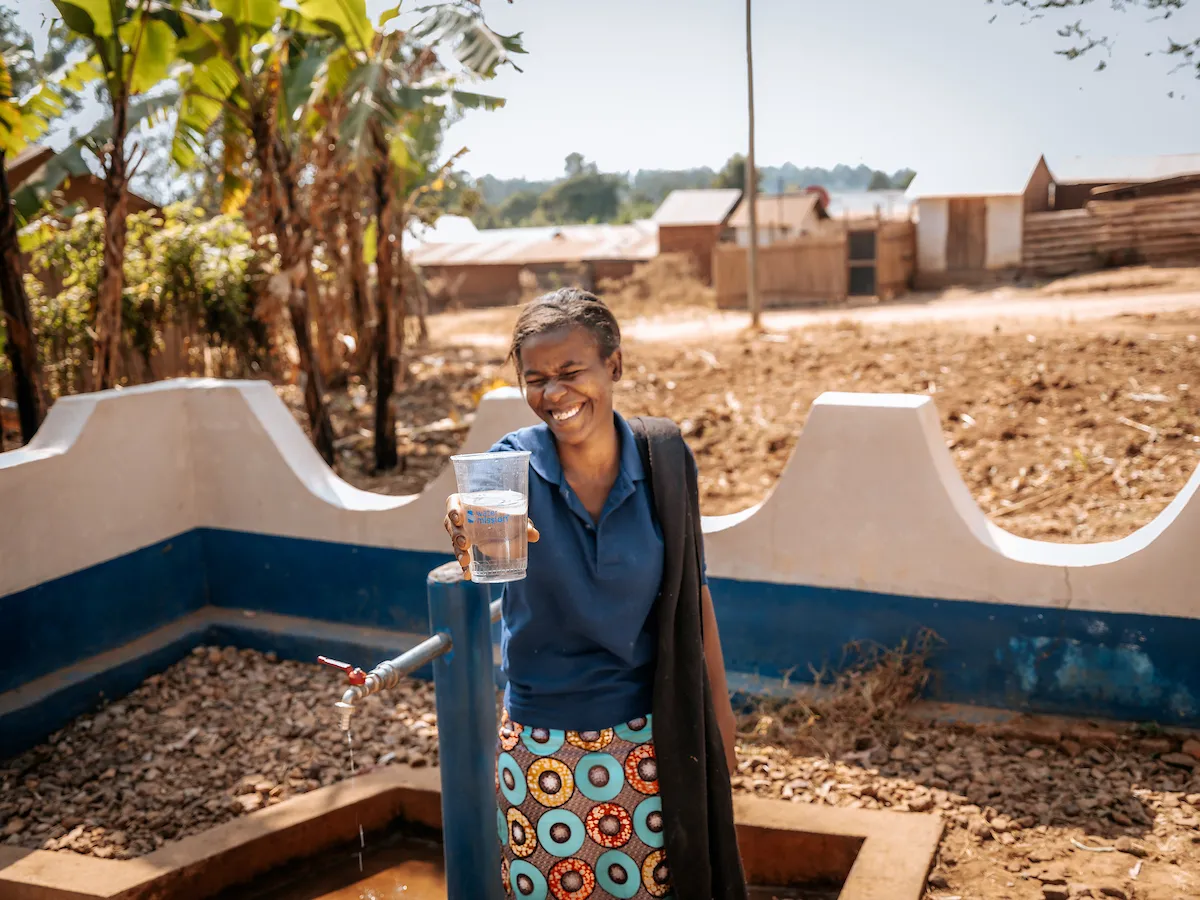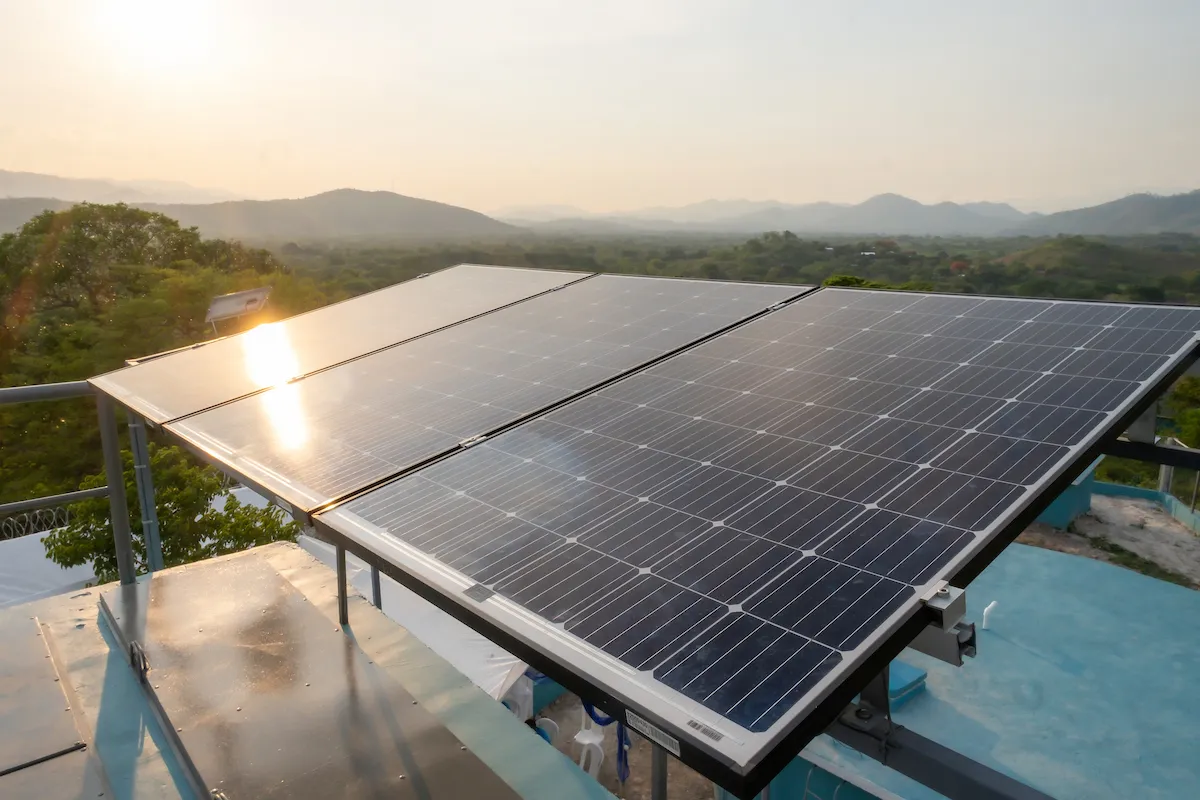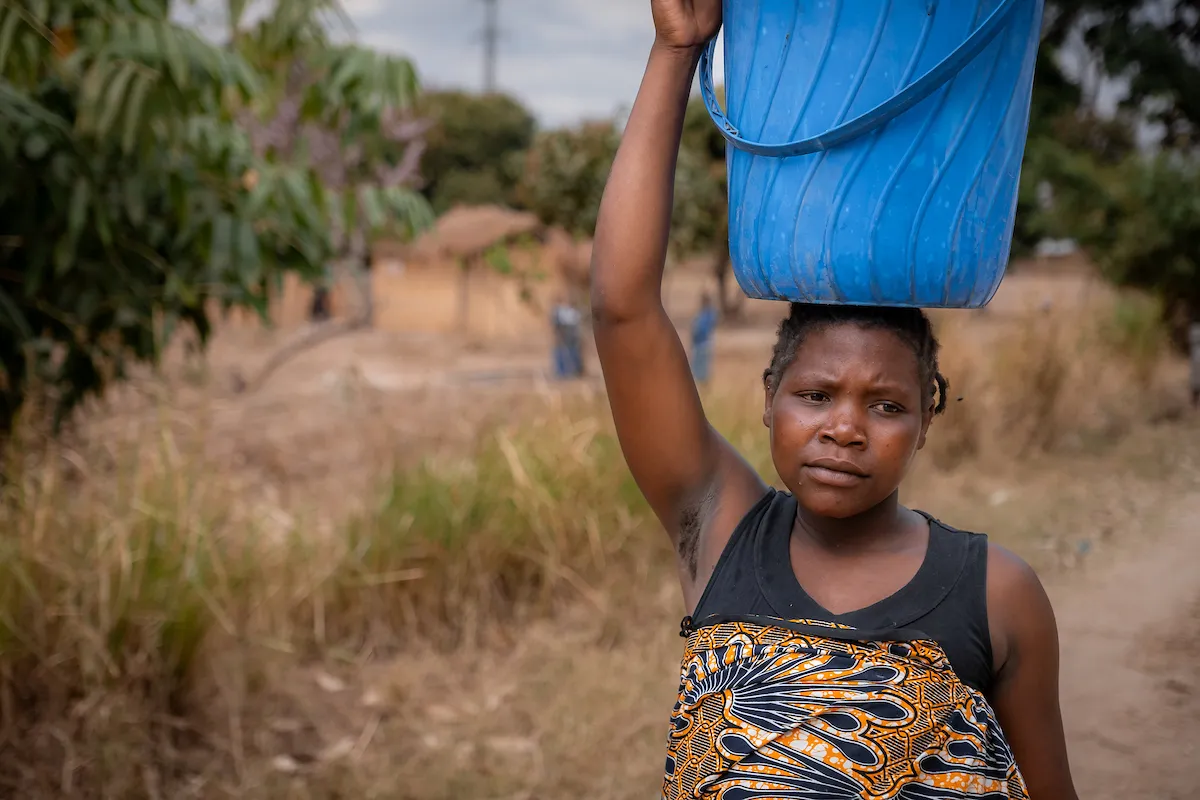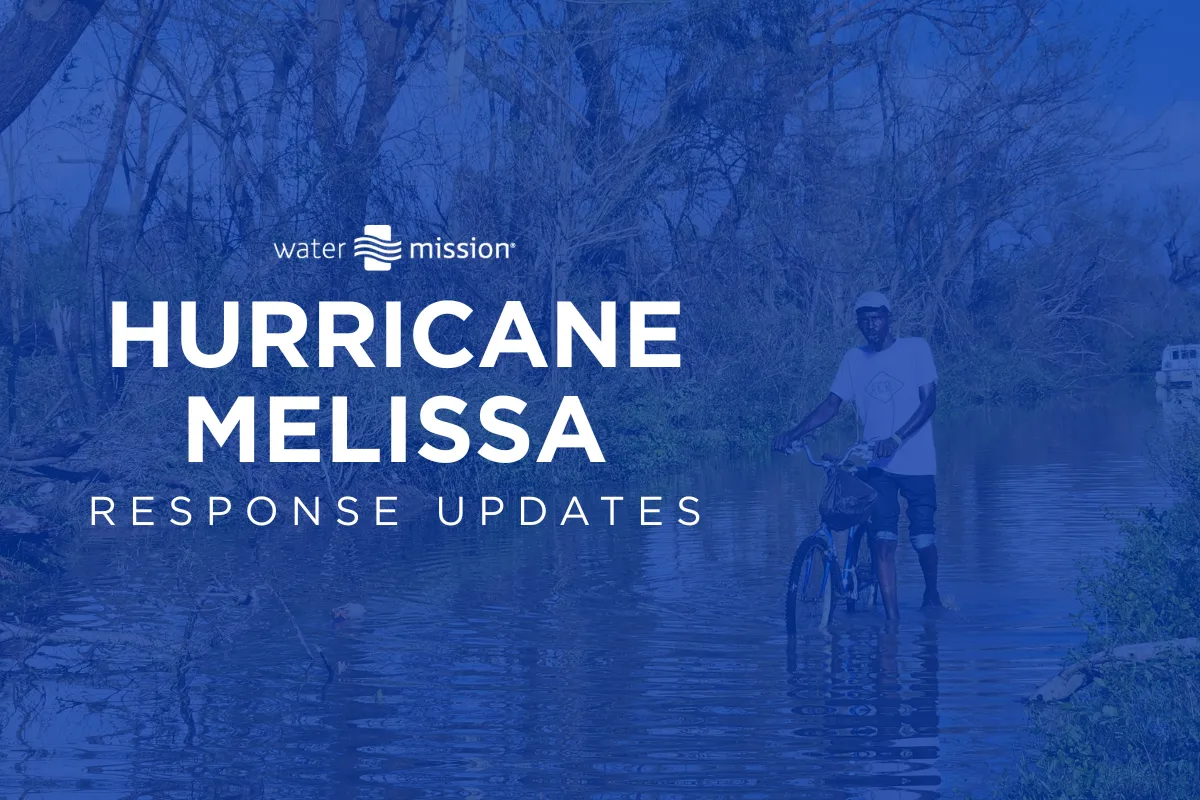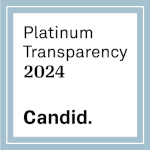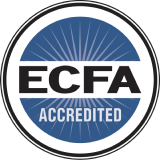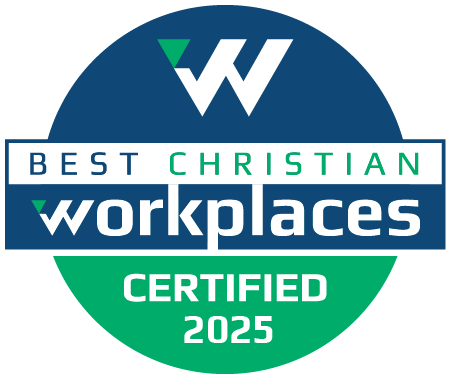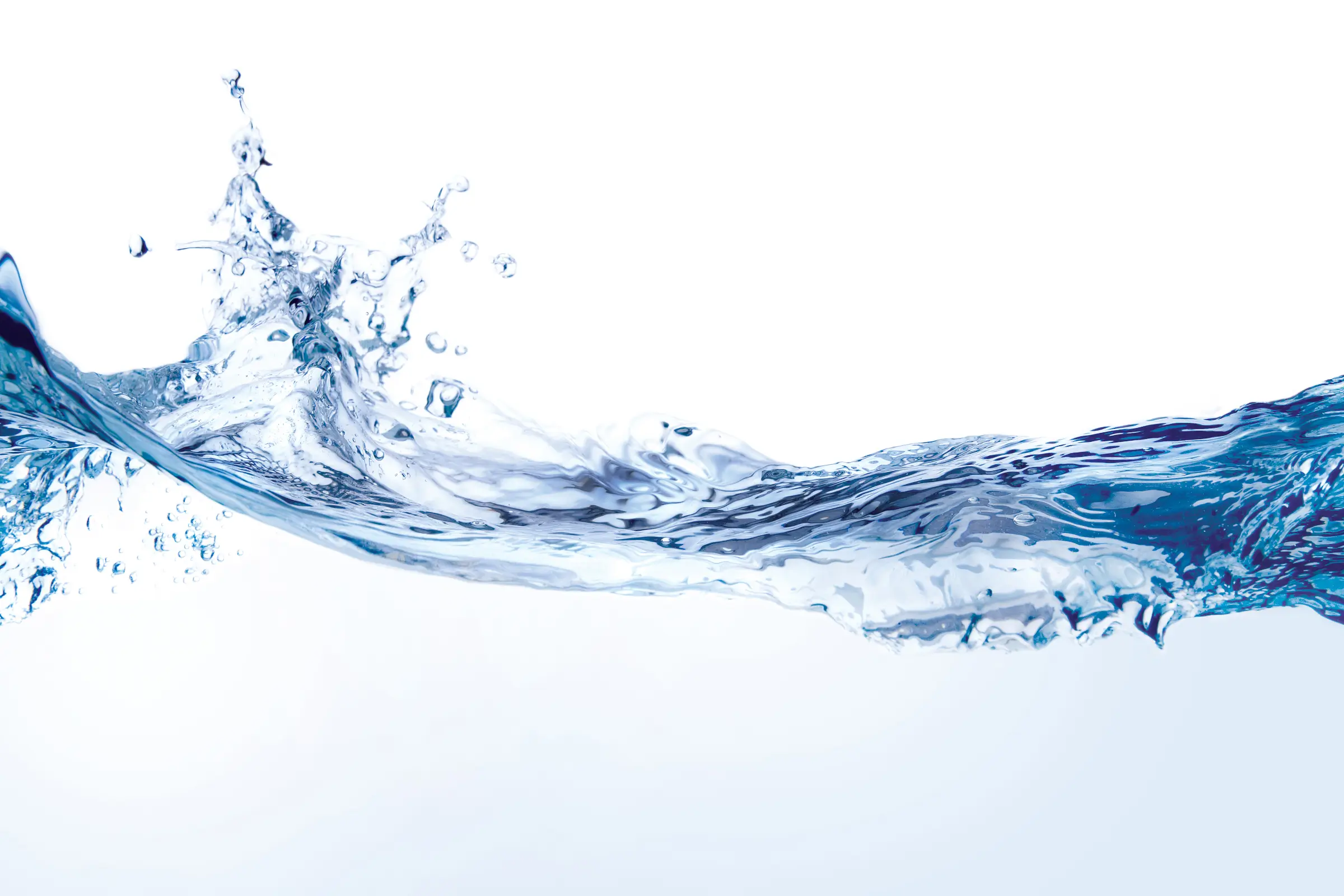World Water Week 2024 Highlights Women and Girls in Discussions Around Equitable WASH Solutions
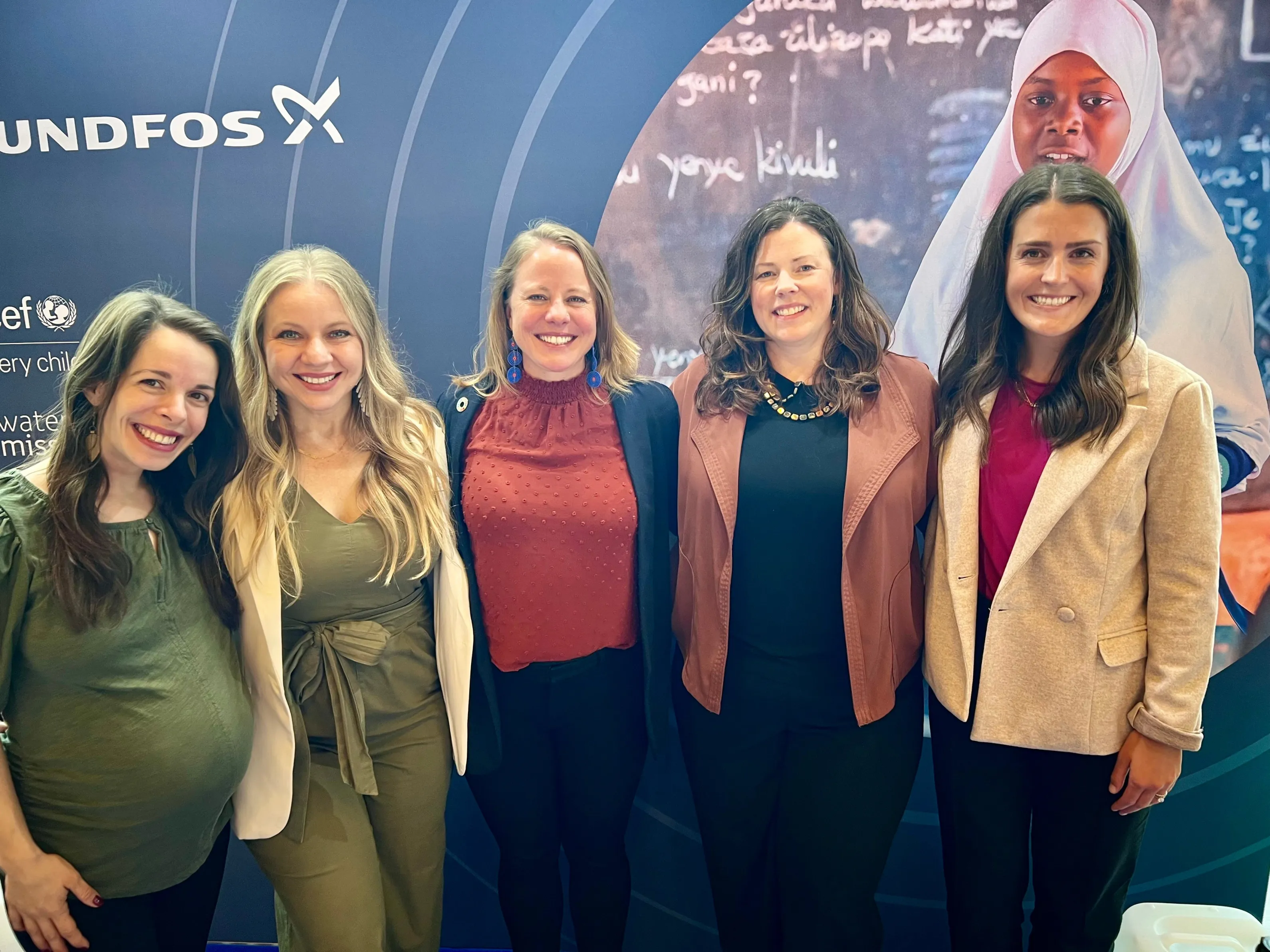
By Anna Rohwer, Senior Manager of Partnerships Reporting & Proposals
Another successful World Water Week is in the books. Hosted annually by Stockholm International Water Institute (SIWI), this event brings together NGOs, governments, civil society, academia, and funders. Together, they share lessons learned, celebrate successes, highlight innovative ideas, and strengthen collaborative efforts to address the global water, sanitation, and hygiene (WASH) crisis.
As I reflect on the week, I am grateful for the opportunity to have learned from and connected with others who are contributing to the sector in significant ways. The conference sessions and speakers used data and stories to highlight the need to continue what we’re doing well as a sector and opportunities to shift course where the sector can improve.
One thing that stood out to me is how central WASH is to human flourishing. It can serve as a catalyst for broad and inclusive societal change if it is approached with intentionality, creativity, and a cross-sectoral strategy.
Intentionality sets the stage for impact. Creativity opens new possibilities. Strategy that addresses multiple issues can lead to greater results.
Because of its broad reach and ability to impact other development objectives, WASH should not be siloed but rather integrated in a way that considers cross-sector linkages and potential benefits.
Many of the sessions touched on at least one of the following themes:
- Gender equality
- Climate resilience
- Social cohesion
WASH has direct connections to all three, though I’ll focus specifically on the first one here. WASH is not only a pathway to better health but also to gender equality.
While water is a universal need, the reality is that women and girls bear the brunt of the global WASH crisis. They are primarily responsible for fetching and carrying water in seven out of 10 households that rely on water sources located off premises, spending a collective 200 million hours a day walking for water.
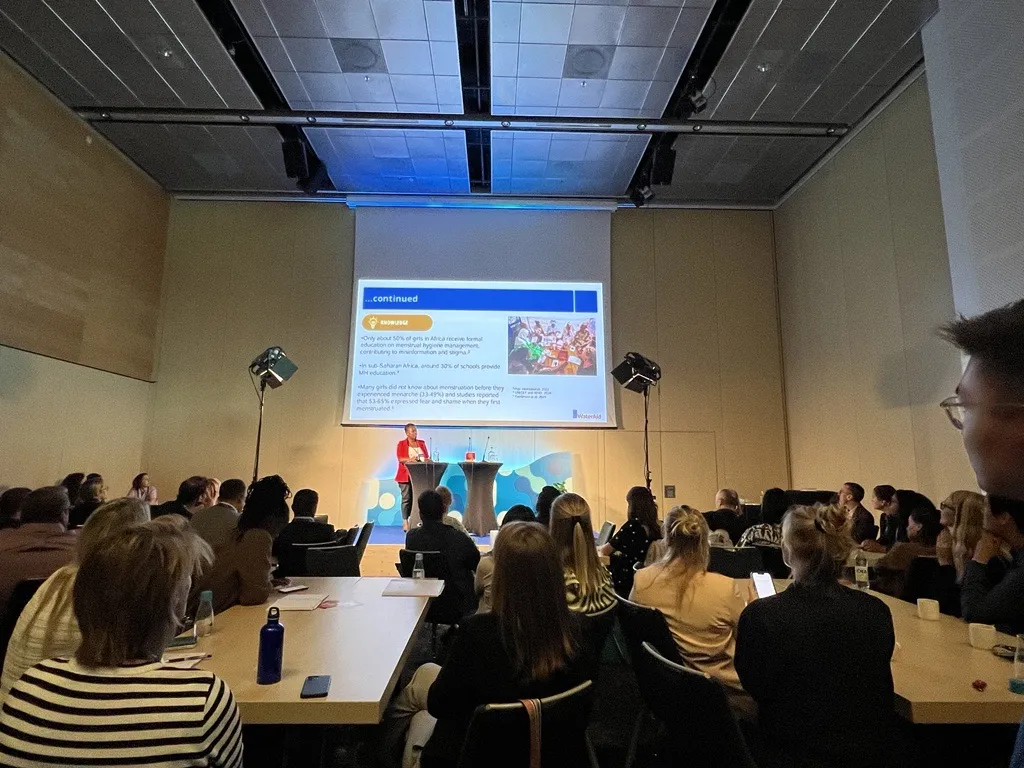
Many sessions at World Water Week 2024 focused on gender equality in WASH and menstrual health and hygiene, bringing the plight of women and girls to the forefront of WASH conversations.
The burden of collecting water not only affects women and girls at the household level. Girls’ education is significantly impacted by the time they spend walking for and collecting water rather than studying or attending class.
According to a 2023 report by the World Health Organization and UNICEF’s Joint Monitoring Programme, globally, only 77% of schools had basic drinking water service in 2023. That means that 447 million children lacked access to water at school. 427 million children lacked access to basic sanitation services at school, and 464 million lacked access to basic hygiene.
Girls in particular also face a lack of menstrual health and hygiene resources and education. The World Health Organization and UNICEF report that only two out of five schools provide menstrual health education, and only one in three schools have bins for menstrual waste. The cultural stigma and taboos associated with this aspect of girls’ biology makes it difficult to navigate this barrier to education with dignity and support.
Because women and girls bear the burden of WASH, they are the ones who stand to benefit the most. Yet, they are often not centered in WASH strategies. Multiple sessions at World Water Week emphasized how critical it is to approach WASH through a lens that centers women and girls in the design, management, and monitoring of WASH interventions.
This is something Water Mission focuses on in our programming. Senior Director of Program Development Lara Lambert shared, “As a Christian organization, Water Mission believes in and supports equitable WASH. This approach makes the concerns and experiences of both women and men an integral dimension of designing, implementing, monitoring, and evaluating WASH programming.”
We accomplish this in several ways. First, we ensure all our community partners are gender sensitive and consider the specific needs of women and girls in their communities. Second, when we recruit WASH promoters and facilitate the Safe Water Committee member selection, Water Mission staff intentionally ensure that women and men are equally provided opportunities to serve the interest of their community. Third, we work with local leaders to foster a culture of inclusion and care in the communities they lead.
By prioritizing household connections that provide safe water on premises, in alignment with Sustainable Development Goal (SDG) 6, Water Mission helps to reduce the number of women who are responsible for collecting water for their households from off-premises sources. The 200 million hours collectively spent by women and girls every day to collect water will continue to decrease, freeing up time to pursue education and livelihoods. Additionally, the household latrines we work with communities to install in places like Mexico and Honduras bring greater levels of safety and dignity to women and girls.
As we continue working to provide WASH services to people around the world, we remember the women and girls whose lives are disproportionately affected by the global water crisis. Your support allows us to work toward integrated approaches that strive for gender equality, climate resilience, and social cohesion in the places we serve.
Water Builds Education | Mwamini’s Story
Related Impact Stories
